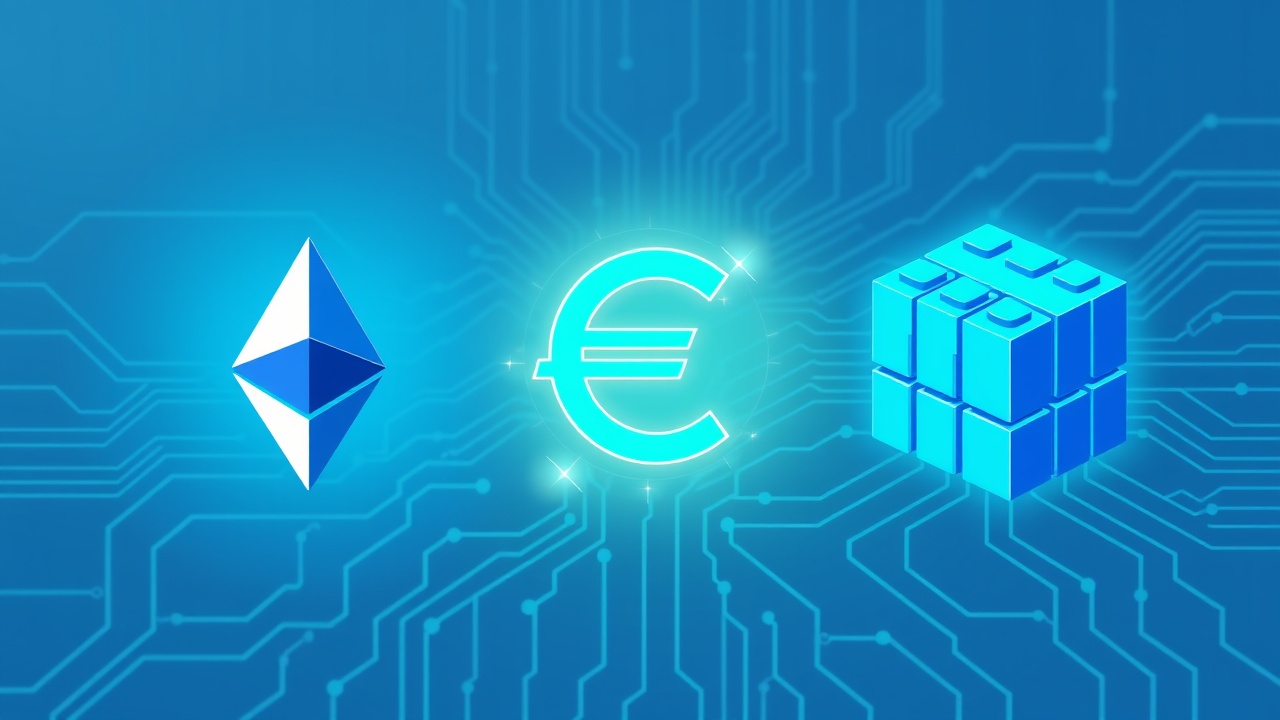Introduction
In light of a newly enacted stablecoin law in the United States that has raised alarms in Europe, officials are accelerating discussions on the development of a digital euro. The recent approval of the Guiding and Establishing National Innovation for US Stablecoins Act—popularly known as the Genius Act—has prompted European leaders to reassess the framework of their own currency project.
US Stablecoin Regulation
Signed into law in July under President Trump, this landmark legislation aims to regulate the $288 billion stablecoin market for the first time. As part of its provisions, the law mandates that issuers of dollar-pegged digital tokens maintain full reserves in liquid assets, adhere to licensing requirements, and follow rigorous reporting regulations. Advocates of the act argue that these measures will enhance consumer protection while fostering innovation, a goal that has challenged regulators in the past.
European Response
Amid this swift regulatory action from Washington, European policymakers, who have been advancing the digital euro initiative more cautiously, find themselves under increasing pressure. They are reportedly considering whether the digital euro should operate using an open blockchain, such as Ethereum or Solana, a significant departure from earlier intentions to implement a private ledger managed by the European Central Bank (ECB). Proponents of a public blockchain assert that it could broaden the digital euro’s reach, while detractors point to potential accountability and privacy issues inherent to public networks.
ECB’s Digital Euro Initiative
The ECB initiated exploration into a digital euro in October 2021, aspiring to develop a central bank digital currency that would not only complement cash but also evolve with the rising digital economy. Furthermore, a digital euro aims to ensure that European citizens continue to have access to central bank funds amid concerns over increasing reliance on foreign payment giants—who currently account for 68% to 72% of eurozone transactions.
Geopolitical Implications
With fears that the U.S. regulatory landscape could enhance global interest in dollar-pegged tokens, EU officials are recognizing the need for rapid action to safeguard the euro’s position in international payments. The decision on whether to adopt a controlled, ECB-facilitated system akin to China’s digital yuan, or to seek greater openness through a public blockchain, carries significant geopolitical implications.
Conclusion
As European officials deliberate the future design of the digital euro, both pathways are still under consideration, but the urgency for a determination has escalated in light of the recent developments across the Atlantic. The potential implications of this decision stretch beyond Europe, with some suggesting that an accessible digital euro on a public ledger could strengthen its global significance, while others caution against moving towards models that might compromise European values.




